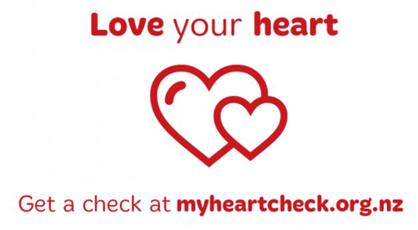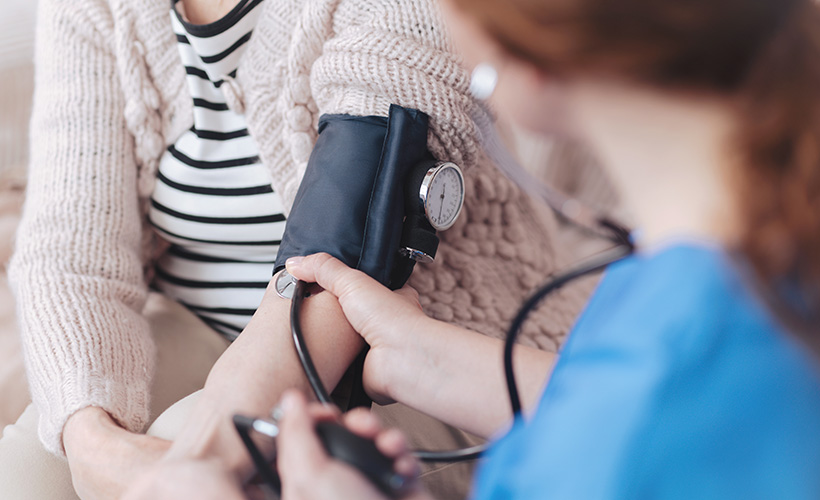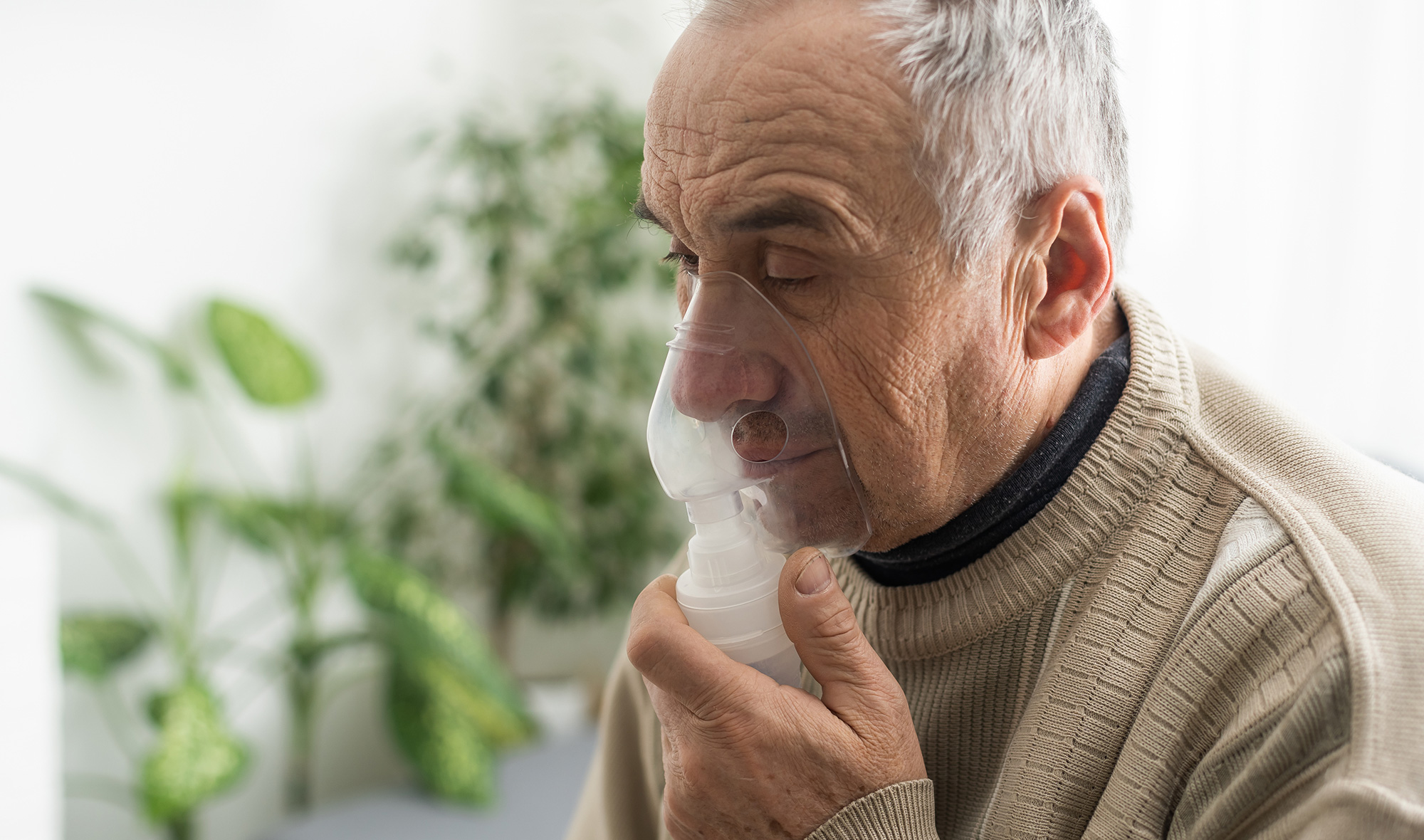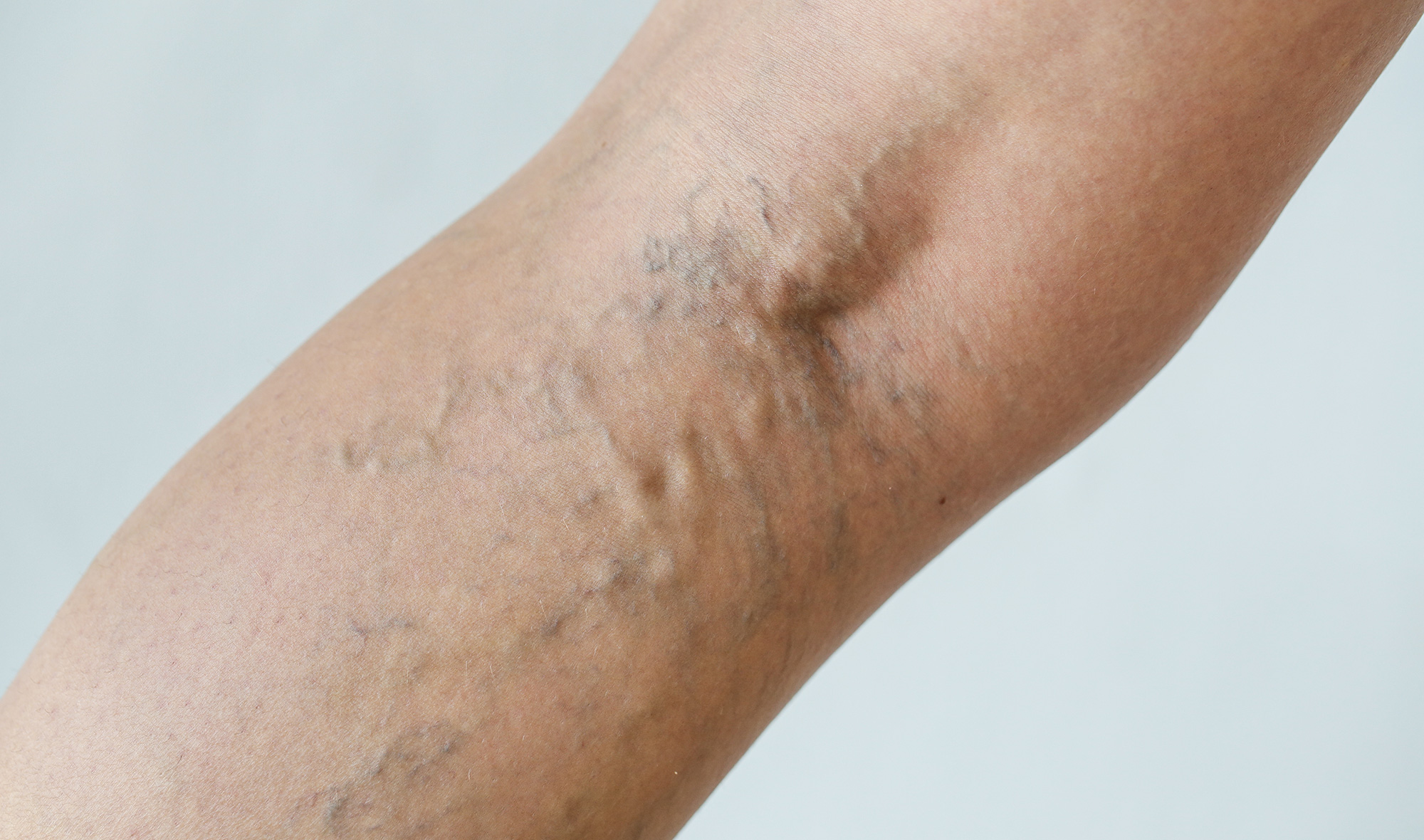Did you know that an average human heart beats 2.5 billion times in a lifetime?! This vital organ is a muscle that pumps blood throughout the body to all tissues delivering oxygen, nutrients, hormones and essential cells, as well as removing the waste products of metabolism. Heart disease is the number one cause of death in New Zealand. There is much we can all do to improve this statistic and achieve better heart health.
What does it mean to have a healthy heart?
A heart (and the rest of the cardiovascular system such as blood vessels that move the blood around your body) is said to be healthy if you have no cardiovascular diseases such as heart failure, atherosclerosis or arrythmias and if you are at low risk of having a stroke or heart attack. Also, if you can check “yes” to most or all of the following, you can feel pretty happy that your heart is likely to be in good shape:
- you have a stable, normal blood pressure (below 120/80mm Hg)
- you have good energy levels
- your cholesterol level is low
- your resting heart rate is normal (between 60 – 100 beats/minute)
- you can perform moderate-intensity exercise without difficulty
- you have healthy breathing
- you have good oral health
- you have a good rate of recovery after strenuous exercise or activity
- your weight is within a healthy BMI range
- you prioritise mental health
- you lead a healthy lifestyle
- regular exercise is part of your life.
The influencers of good heart health
A healthy lifestyle is very important for heart health.
Diet: Try to reduce salt, sugar, trans and saturated fats, alcohol, and ultra-processed food in your diet. Food that is as close to nature as possible is the best for your heart.
Exercise: Aim for at least 150 minutes of moderate-intensity exercise per week (this is when you feel warmer, breathe harder and your heart beats faster) e.g., gardening, cycling, yoga, weight training, swimming, walking OR at least 75 minutes of vigorous intensity exercise per week (when it is hard to say more than a few words) e.g., running, HIIT, aerobics or spin class.
Smoking: Quitting smoking improves high blood pressure, lowers the risk of getting a blood clot, improves cholesterol levels, increases blood oxygen levels and decreases damage to blood vessels.
Blood pressure: having high blood pressure puts extra strain on the heart, which over time, gets thicker and weaker. High blood pressure also damages artery walls leading to heart failure, irregular heart beat and increased risk of heart attack.
Cholesterol: causes buildup of plaque in the arteries. The risk of stroke, heart attack, angina and blood clots increase as artery walls narrow and there is decreased blood flow to the heart.
Stress: a sustained increase in the stress hormones adrenaline and cortisol lead to increased blood pressure, increased inflammation in the body and damage to the heart muscle.
Sleep: Stress levels, weight and blood pressure are all affected by sleep deprivation.
How can I check if my heart is healthy?
- Know your family history of health and heart disease.
- Understand your individual risk factors for heart disease.
- Get a heart check. Also known as a “heart risk assessment” or “cardiovascular disease risk assessment” or a “heart and diabetes check”. This is done by your doctor or nurse to work out your risk of having a heart attack or stroke in the next five years. They will look at a number of risk factors such as age, height, weight, smoking status, personal and family medical history, blood pressure and cholesterol. All together these factors combine to give a combined risk, given as a percentage. Under 5% is low risk, 5 to 10 is considered moderate risk, and anything over 10% is high risk. Once you know your risk, you can work together with your health practitioner on ways to lower it.
The New Zealand Heart Foundation provides a free, online heart health assessment that you can do yourself at home. My Heart Check is a screening tool that can help you understand your own heart health, risk of heart attack or stroke and estimate your heart age as a measure of heart health. The next time you visit your health practitioner, ask them about getting a heart check.



















Community